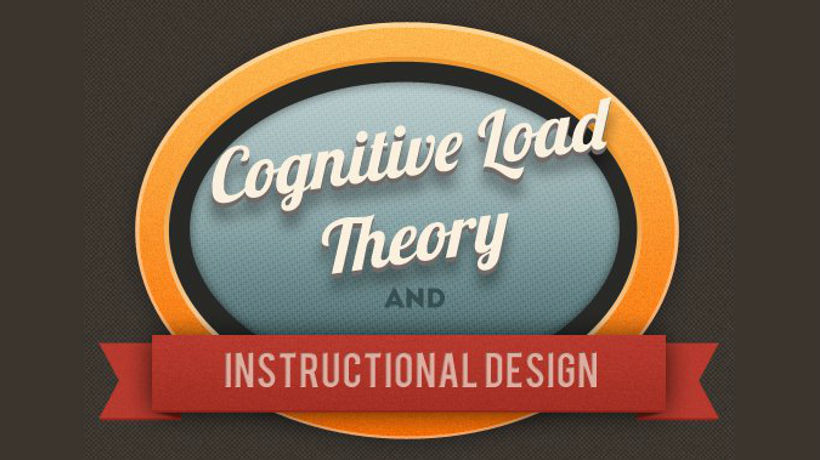The Role Of Socrates In Instructional Design
To begin, we learn in two different ways. The Greek names for these two styles are didactic and maieutic.
In the didactic scenario a person, a book, or more recently a machine pushes facts at us, and testing is deployed to find out how successful that process has been. In the maieutic scenario opinions are pulled from us, primarily through the use of judicious questioning. Testing how successful this has been is difficult because we are dealing in the realm of subjective opinions, and opinions are only validated sometime after the fact.
The didactic scenario is important of course because we are not born with all the facts we need to function in civil society. The didactic scenario is also important in a career. If a person is not up-to-date on the facts required to do their job, then the company and the individual will suffer the consequences.
The reality, however, is that most employees are paid to make decisions about subjective, equivocal, or ambiguous issues with no right or wrong answer; and the higher up the hierarchy the more this is true. Facts play an important role in making decisions on subjective issues, but only when synthesized with new information –uncovered by questioning– and explained clearly.
If an organization wishes to push decision-making down the organization –thus flattening the structure and making it more nimble– then what Socrates called “Intellectual Midwifery” needs to be encouraged and taught. He believed that this is best accomplished in a group with a skilled leader who is a guide on the side, not a sage on the stage.
Michael Michalko, a highly acclaimed expert on creativity, has noted that “Einstein and others discovered and used an ancient set of Greek principles of intragroup communication, which was developed by Socrates. Socrates and other Greek philosophers would sit around brainstorming and debating various issues. Their discussions rarely get out of hand….the participants were bound by seven princples….to maintain a sense of collegiality. Socrates called these principles Koinonia – a spirit of fellowship”.
These seven principle are:
- Establish dialog.
- Exchange ideas.
- Don’t argue.
- Don’t interrupt.
- Listen carefully.
- Clarify your thinking.
- Be honest.
By looking at these principles you can understand why Socrates defined his philosophy in this famous quote “I cannot teach anybody anything, I can only make them think”. Isn’t that still the job of Instructional Designers?
Collaborative problem-solving transfers more responsibility to team members, yet provides them with peer support and hopefully support from the CEO. Not only will a better decision be made if a group addresses the problem rigorously, but many other benefits accrue. It hones the arts of persuasion, listening, leadership, social conduct, tolerance of other opinions, ambiguity, and the softest skill of all: Being able to hold another’s opinion in one’s mind without necessarily agreeing with it. A skill, Aristotle said, that “made us human”.
Maieutic learning –critical thinking in a group focusing on the correct problem with the outcome being an agreed upon solution– is unfamiliar territory to most employees. But it is becoming more important as companies understand the need and desire for nimbleness in this hyper-connected, ever-changing, data-rich business environment.
Understanding how to work in teams, will not only pay dividends, but will create a culture of continuous innovation; the surest path to evolution.
When I designed my Terego Enterprise Training Method, I had three primary design criteria:
- It had to be a step-by-step process during which rotating team leaders could learn how to use deep questioning to synthesize facts with newly uncovered knowledge, and apply the results to a problem-solution.
- It had to develop critical thinking, collaboration, problem-solving and communications skills –the most highly-prized soft skills for our new age– whilst working on real world issues.
- It had to be easy to learn and implement.
My book explaining how the Terego Enterprise Team approach may help do all this is available here. You can see if I achieved the goals.
“Terego’s methodology offers an approach that engages teams through active participation in the process of problem identification and subsequent resolution. The additional content offered to members provides a series of PowerPoint slides that serve as effective learning tools for mastering the methodology.” Ann Miller PMP









